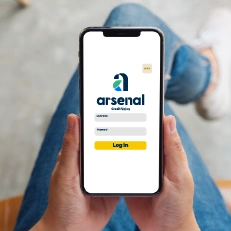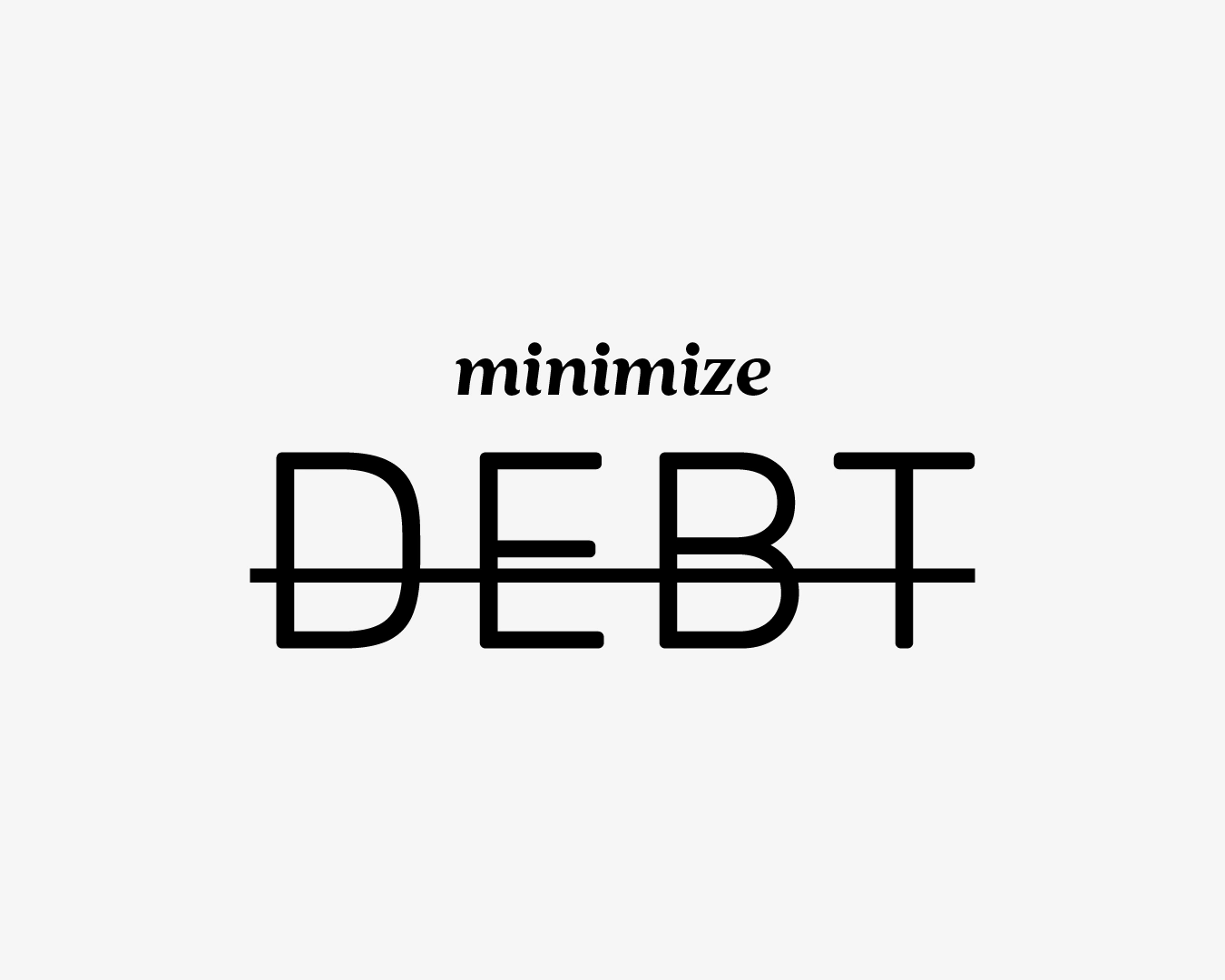So your adult kid wants your help with buying a car (or anything else for that matter). Instead of just handing them cash for it, you want them to learn what it takes to pay for it on their own through good old-fashioned financing. The problem is that they don’t have any credit history and need a cosigner to get the loan. Should you do it?
If you’ve never been put in this situation, you may not know anything about what goes into becoming a loan cosigner. That’s fair. Keep reading to learn more about the process and the alternative borrowing options to cosigning a loan.
It’s generally not a good idea to cosign on a loan for anyone. We’d like to present you with objective facts about what happens when you make the choice.
Quick links:
When is a cosigner needed?
The most common scenario when a cosigner is needed is when the primary borrower is a student or young adult with no credit history. A lender would require a cosigner with a stronger credit history to approve the loan.
Cosigning is also a consideration when the primary borrower is trying to rebuild their credit. This could happen due to bankruptcy or foreclosure.
As a cosigner, you’re legally responsible for the loan. but you don’t have any ownership rights to the property or item purchased with the funds.
How will your credit score be affected?
When you become a cosigner on a loan, it’s now your responsibility. Your credit score can be affected in the following ways:
- Debt-to-income ratio: Your debt-to-income ration will increase when you cosign a loan. You may have trouble financing a loan of your own due to the increase.
- Credit reports: Your credit score may go down a little because of a new hard inquiry.
- Defaulting: If the person you’re cosigning for defaults on the loan, you’re on the hook for repaying the debt. If you don’t make the monthly payment yourself, you could be looking at a collection notice and possible repossession.
- Payment history: If the person you’re cosigning for makes their monthly payments on time, your credit score will actually improve.
How will you monitor the loan?
Because the loan you cosign on is your responsibility, you should also monitor it to the best of your ability. Here are some useful steps you can take in most lenders’ online + mobile bankin service to make sure payments are being made on time.
- Set alerts for when payments are due.
- Schedule automatic payments for the loan each month.
- Create a cross-account agreement that lets you pay for the loan as a last resort.
How do you communicate expectations?
Money is personal. It can make or break relationships. If your kid stops making payments on their loan and leaves you responsible, how will that affect your relationship? Will you make the payments or will you let the loan default and hurt both of your future borrowing opportunities?
We don’t really have the answer to these questions for you. If you decide to become a cosigner, please consider the financial and personal risks involved with it.
What’s the difference between a cosigner and a coborrower?
Some credit unions, like Arsenal, have a co-borrower option instead of cosigners. A co-borrower (also known as a joint borrower) shares ownership of the loan and all assets secured by it. The coborrower benefits equally from the loan and shares repayment responsibility from the start. Having a coborrower can also help increase the amount of funds the lender will let you borrow.
*APR = Annual Percentage Rate, subject to change and based on creditworthiness. Rates as of 6.1.2025.











